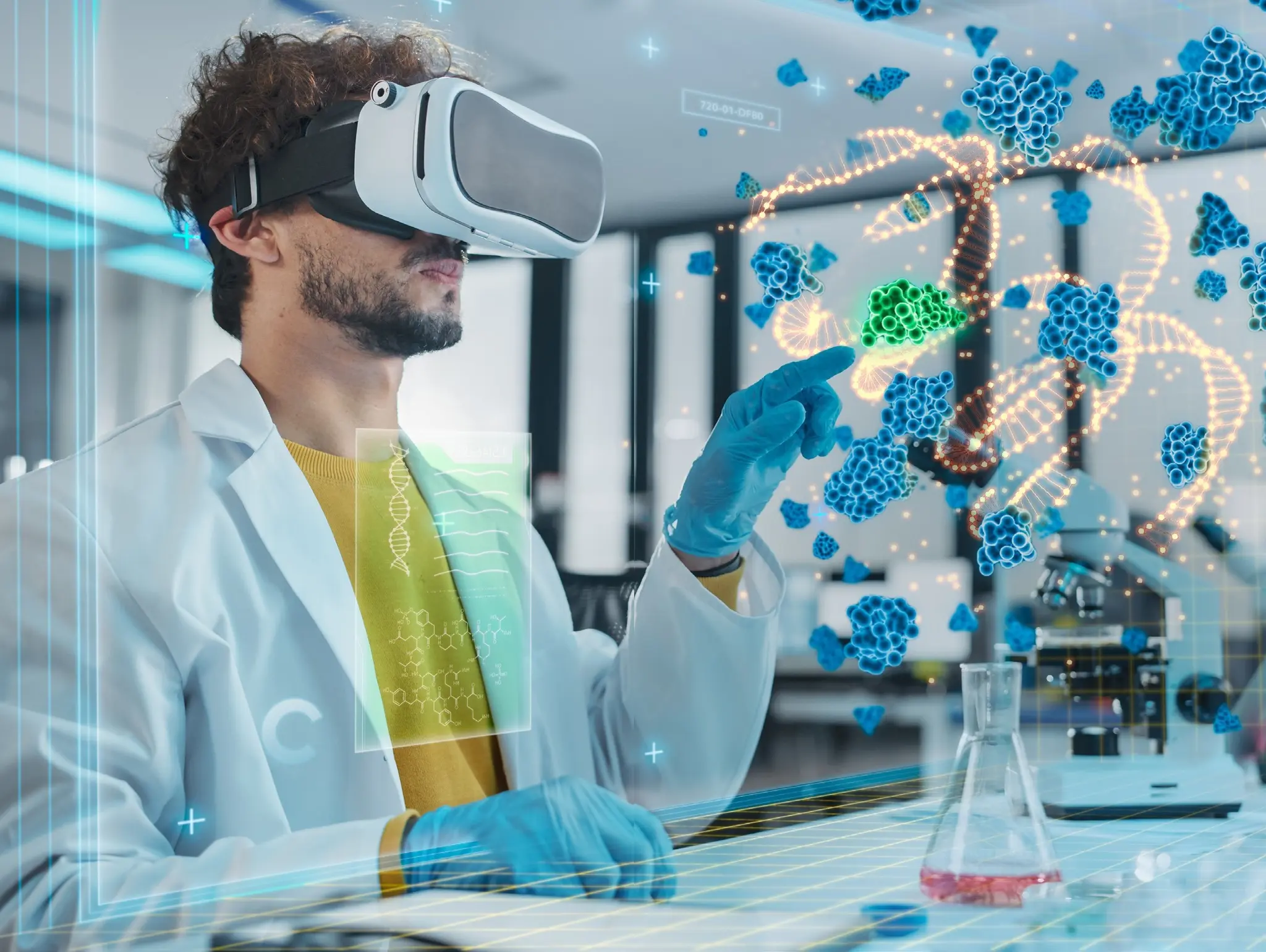Biotechnology breakthroughs are driving significant advancements in medicine, revolutionizing treatments, diagnostics, and patient care. This article explores key innovations and their impact on the future of healthcare.
1. Introduction to Biotechnology in Medicine
Biotechnology encompasses biological processes and applications that improve healthcare outcomes. From genetic engineering to biopharmaceuticals, biotechnology plays a crucial role in developing innovative medical solutions.
2. Genomic Medicine and Personalized Treatments

Genomic technologies enable personalized medicine by analyzing individuals’ genetic makeup. Precision therapies target specific genetic mutations, enhancing treatment efficacy and minimizing adverse effects for patients.
3. Biopharmaceuticals and Therapeutic Innovations
Biopharmaceuticals derived from biological sources treat diseases such as cancer, autoimmune disorders, and genetic conditions. Advancements in bioprocessing and drug delivery systems improve treatment outcomes and patient compliance.
4. Gene Editing and CRISPR Technology
CRISPR-Cas9 gene editing technology allows precise modification of DNA sequences. Applications in medical research include correcting genetic defects, developing disease models, and exploring potential cures for genetic disorders.
5. Regenerative Medicine and Stem Cell Therapies
Regenerative medicine harnesses the body’s natural healing abilities to repair or replace damaged tissues and organs. Stem cell therapies offer potential treatments for conditions like spinal cord injuries, heart disease, and degenerative disorders.
6. Diagnostic Innovations and Early Detection
Biotechnological advancements enhance diagnostic accuracy and early disease detection. Biomarker discovery, next-generation sequencing, and imaging technologies enable earlier intervention and improved patient outcomes.
7. Immunotherapy and Cancer Treatment
Immunotherapy utilizes biotechnological approaches to boost the immune system’s ability to fight cancer cells. Therapies such as monoclonal antibodies, CAR-T cell therapy, and immune checkpoint inhibitors revolutionize cancer treatment strategies.
8. Bioinformatics and Data Analytics
Bioinformatics integrates biology, computer science, and statistics to analyze biological data. Big data analytics and machine learning algorithms process vast datasets, identifying patterns, predicting disease trends, and optimizing treatment protocols.
9. Biotechnology in Vaccine Development

Biotechnology accelerates vaccine development against infectious diseases and pandemics. mRNA technology, viral vector vaccines, and recombinant protein vaccines offer rapid response capabilities and vaccine efficacy enhancements.
10. Ethical Considerations and Future Directions
As biotechnological advancements expand, ethical considerations such as genetic privacy, equity in healthcare access, and regulatory frameworks become crucial. Future directions include integrating AI with biotechnology, advancing CRISPR applications, and enhancing global health outcomes.




